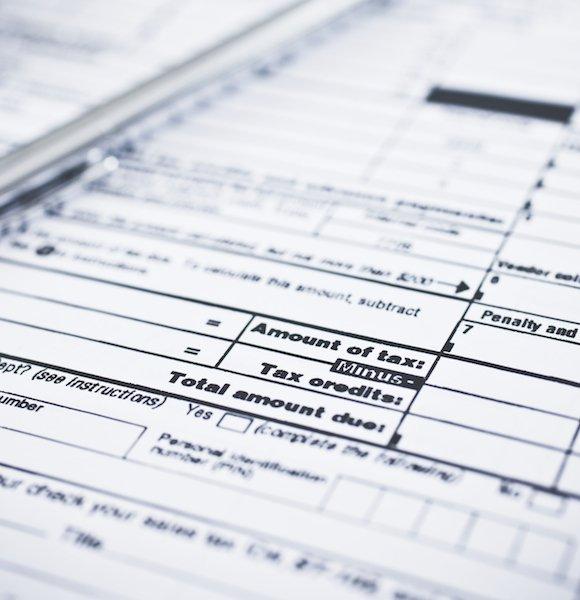

When you decide to work with a professional tax preparer, you’re trusting that person with your most sensitive personal information. As a quick Internet search for “tax preparer fraud” shows, those people abuse that information from time to time.
For example, at the very end of 2015, a former tax preparer in Arkansas pleaded guilty to charges associated with a tax fraud and identity theft scheme that involved filing false tax returns using stolen names, Social Security numbers and birth dates, according to a news release from the Department of Justice. In his plea agreement, Gregory A. Taylor, who was a tax preparer in Crossett, Ark., admitted to helping his co-defendants file false tax returns to receive fraudulent refunds amounting to more than $1.1 million, between January 2009 and December 2011.
A few weeks before that news came out, a former tax preparer in Providence, R.I., pleaded guilty to federal tax fraud and wire fraud charges. Leon F. Tejada, who is also a former state representative and Providence city councilman, allegedly increased the tax refunds due to his clients by falsifying dependents, exemptions, deductions, expenses and tax credits without his clients’ knowledge, according to a news release from the Department of Justice. From 2009 to 2012, Tejada allegedly diverted $24,987 of his clients’ refunds to his personal bank account.
There’s no shortage of stories like this. While the majority of tax preparers run legitimate businesses and aren’t out to steal from you, it’s worth noting that not everyone has your best interests in mind. Even if someone else prepares your tax return, the IRS holds you responsible for the information it includes, meaning you could face fines or criminal charges for tax evasion. The IRS has some tips on its website for avoiding any issues like that. Here are a few.
- Avoid return preparers who claim they can get you a larger refund than other preparers.
- Avoid preparers who base their fee on a percentage of your refund.
- Make sure you get a copy of your records.
- Make sure the preparer signs and enters a preparer tax identification number (PTIN) on your tax return.
- Do not sign a blank tax form.
You can, of course, do your taxes yourself, but working with a professional can help you avoid costly tax mistakes. When looking for a tax preparer, consider asking for referrals from people you trust and thoroughly researching your available options. And just because you’re getting help doesn’t mean you shouldn’t be involved in the process. Get familiar with common deductions and credits, and ask a lot of questions throughout the tax preparation process.
Aside from properly vetting any tax preparers you are considering, you can preclude taxpayer identity theft generally by filing your taxes early. And, if you ever have reason to believe your personal information or Social Security number has fallen into the wrong hands, you can monitor your credit to make sure more identity theft isn’t occurring. You can do so by pulling your credit reports for free each year on AnnualCreditReport.com and viewing your credit scores for free each month on Credit.com.
This article originally appeared on Credit.com and was written by Christine DiGangi.









